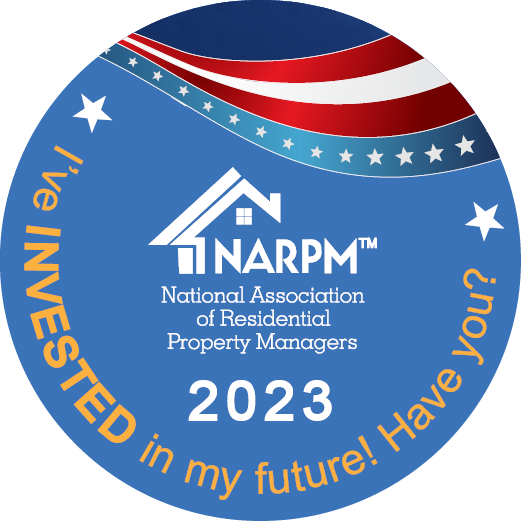In 2021, more than 15,000 evictions were filed in North Carolina alone. As time continues, more people find it challenging to pay their rent, which inevitably leads to more evictions being filed by landlords.
If you're a landlord and need to understand how to handle evictions, you've come to the right place. Below we've created a guide that will help you ensure you evict tenants correctly, whether it's for continued late rent or other issues you might be experiencing.
Determine Eviction Reasons
The first thing that needs to happen is to determine why you're evicting the tenant in the first place. The reason for doing this is to ensure your need to evict them isn't illegal.
Depending on your state, several online sources will detail for you the factors you can use to evict a tenant. Remember that you must provide sufficient documentation to support your reasoning when you want to evict a tenant.
For example, if you're evicting a tenant for late rent, it's crucial to present evidence of these late payments. The best way to do this would be to retrieve the rent payments from the tenant rent payment portal and ensure you've documented the date and time it was paid.
You should also keep track of the late notices you send to the tenant, informing them that their rent payment is late.
Notify Your Tenant
Once you've begun the eviction process, the next step is to notify your tenant that they're being evicted. If you're evicting them for an outstanding payment, there are times when you can provide them a period to settle the debt and bring their account back into the positive.
When you send the notification to the tenant that they're getting evicted, there are some specifics you need to include:
- The reason you're evicting the tenant
- Time the tenant has to move out
- Time to fix the issue
- Contact information for both the tenant and the property management
After you've provided this period for the tenant, the next step is to wait until it passes. Once the period has passed, based on the action the tenant has taken will let you know which steps to take next.
File the Eviction
If the tenant decides not to remedy the problem, you can then proceed with filing the eviction paperwork. Ensure you're prepared to pay the fee that comes with filing your eviction.
From there, you and the tenant will receive documentation of the filed eviction and then you're provided with a court hearing that you will attend to prove your case. During this hearing, the court will either find it in your favor or the tenant's favor.
If things are found in your favor, you can provide the tenant with ten days to move and get your profit back.
Evictions in NC
When it comes to evictions in NC, there are several steps you need to take ahead of time to ensure you do things correctly and legally. Remember to collect evidence and attempt to remedy the problem with your tenants.
If they don't act, the next step is to file your eviction and move forward with the process. To avoid evictions, it's crucial to screen tenants accordingly.
Contact Carolina Property Management for help finding the right tenants for your rental properties.















